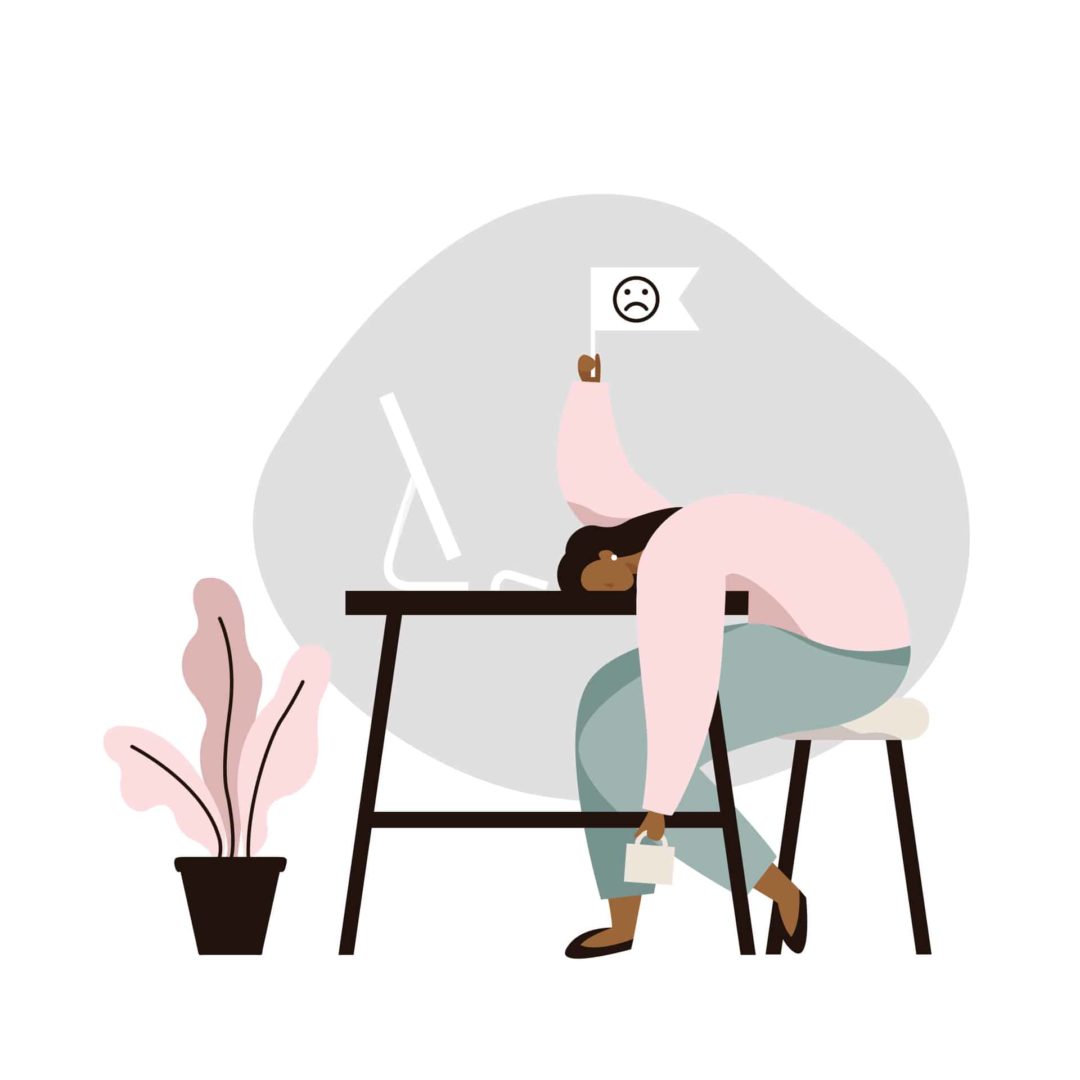Tieraona Low Dog, M.D., spoke on this topic. She emphasized the ability to listen to the body: “What is your body trying to tell you? My stomach is in knots because... My IBS is flaring because... I’ve had three migraines in a week when I haven’t had any in six months because...” The body, she explained, tries to maintain allostasis—a balance between stressors and the ability to handle the stress. “A low level of stressors can actually enhance the way the body works. But if there’s too much, even if your body can achieve some balance, everything is working too hard, and the body begins to break down. Prolonged stress can affect the telomeres, shortening the lifespan, and can increase risk of infection. For many people, the allostatic load is too heavy—but it’s important that we remember that the center still holds. All the things we know about staying healthy hold true.
“It’s not just taking reishi mushrooms,” Dr. Low Dog continued. “It’s not just about taking something that can bang on the immune system—and I love reishi, I do, but it’s just one piece of a big problem. Right now, we’re seeing increased depression and anxiety with the social distancing and isolation.” And isolation, she noted, can’t be fixed with a supplement.
“It comes down to the story, to yourstory,” Dr. Low Dog said. “How well are you eating, how are your relationships, how is your ability to focus? A lot of people don’t drink enough fluids—the body actually perceives the lack of water as a stressor and triggers stress hormones. Also, not nurturing one’s passion. When someone comes in and says they lost their job, but they hated their job and weren’t happy, and they aren’t sure if they ever would’ve left their job if something like this hadn’t happened—that’s a resilient individual, who is saying that something bad happened but we’re looking at it in a good way. What is the story that you’re telling yourself and that you’re telling others? There aren’t x-rays or lab tests that can give you insight into your emotional wellbeing.”
Missed the event? You can access the sessions on demand here.
Related: Mental Health Crisis: Stress, Anxiety, Poor Sleep & COVID Phytocannabinoids & the ECS: Your Top Qs, Answered! Herb of the Month: Ashwagandha
To an extent, Dr. Low Dog agreed, there are biological explanations for stress and sleep disruption—low serotonin and norepinephrine can cause anxiety; she recommends that those who really struggle with sleep should get a sleep evaluation to make sure that there isn’t something wrong on a chemical level—but she told attendees that that’s not all. Again, she returned to an individual's story. “I had a patient who came into see me, and I was just chatting with her, and I asked her if her depression was getting better, and she said ‘I take my Effexor and go to a job I hate, and then home to a house full of kids that are out of control and a husband that barely talks to me. Is my depression better? Yea, I guess.’ Isolation is common, financial problems and a lack of purpose and meaning, a sense of despair, hopelessness—we have these unrealistic expectations that we can do it all, that we can have it all, that if you just tweak someone’s norepinephrine or serotonin that their life will just instantly be better, and that’s just not our truth, that’s just not the world."In that context, however, Dr. Low Dog returned to other things we often have control over: What we eat and what nutrients we get. “Big sugar spikes make you feel momentarily good, and then you crash.” She referenced one study, published in the December 2016 edition ofAppetite, that looked at 82 healthy adults. They were fed either a high or a low glycemic diet for five days, given a two-week washout period, and then fed the other diet for five days. A high glycemic load diet resulted in a 38% higher score for depressive symptoms, a 55% higher score for total mood disorder, and a 26% higher score for fatigue/inertia—“And that’s just in five days!” Dr. Low Dog stressed. “Imagine what would happen over a longer period of time.”
In addition to food, Dr. Low Dog noted the importance of supplements. “Take a basic multivitamin. 90 million Americans are vitamin D deficient. 30 million are deficient in vitamin B6—oral contraceptives just wipe it out. 18 million people have B12 deficiency. 16 million have very low serum vitamin C—and we just chew through vitamin C when stressed, so it’s really important to take that regularly. 13% of Latinas, 16% of African Americans, and 8% white women aged 12-49 are iron deficient. Women aged 25-39 overall are borderline iodine insufficient.”
When it comes to sleep, Dr. Low Dog had recommendations: Use blue light-blocking technology, make the bedroom dark and quiet, cut caffeine by noon, limit alcohol, don’t go to bed hungry, and—of course—find a way to deal with worries: “To fall asleep is an act of faith. It requires letting go, trusting that you can put things on hold, that they’ll wait until morning.”
Dr. Low Dog advice, in the absence of perfection: “Move more. Eat real food—largely plant-based, organic, local. Meditate—it gives you space, so that when something bad happens or someone says something upsetting, you have a moment before you react, so you can think clearly. Take a multivitamin. Stay connected—but nottooconnected—don’t isolate yourself, but don’t burn yourself out.” Other recommendations included ashwagandha for those who spend all day tired but can’t fall asleep at night, and meditative apps like Calm and Pzizz.
Missed the event? You can access the sessions on demand here.
For all of our coverage on the #NaturallyInformed event: #NaturallyInformed: New Product Development Insights #NaturallyInformed: Advice for Retailers #NaturallyInformed: Food First #Naturally Informed: Immune Health Supplement Education
The next virtual event in the Naturally Informed series, powered by WholeFoods Magazine and Trust Transparency Center, is “Driving Value Through Sustainability Across the Supply Chain. It will take place August 26-27. Register here.*Note: Information in this interview is intended for educational and scientific purposes only. It is not intended as medical or nutritional advice for the treatment or prevention of disease. For medical advice, consult your personal health care practitioner.









